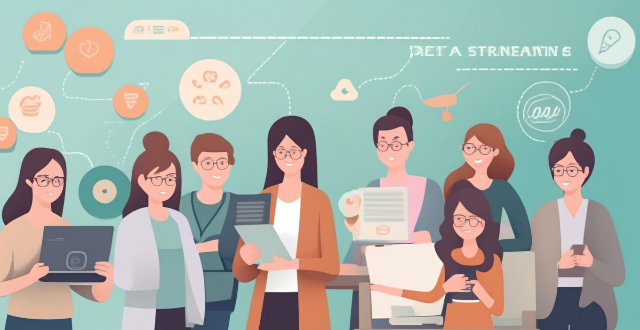The text discusses the role of women's advocacy groups in promoting legal reforms for female empowerment. Women's advocacy groups play a crucial role in raising awareness and educating the public, providing research and data, lobbying policymakers, collaborating with other organizations, and monitoring implementation and enforcement of laws. They work tirelessly to bring about changes in laws and policies that disproportionately affect women, ensuring their rights are protected and promoted.

The Role of Women's Advocacy Groups in Promoting Legal Reforms for Female Empowerment
Women's advocacy groups play a crucial role in promoting legal reforms aimed at empowering women. These groups work tirelessly to bring about changes in laws and policies that disproportionately affect women, thereby ensuring that their rights are protected and promoted. Here are some key ways in which these groups contribute to legal reforms for female empowerment:
1. Raising Awareness and Educating the Public
Women's advocacy groups often lead the charge in raising awareness about issues that disproportionately affect women. They organize public events, workshops, and seminars to educate people about the challenges faced by women and the need for legal reforms to address these challenges. By increasing public awareness, they create a supportive environment for policymakers to introduce and pass legislation that promotes female empowerment.
2. Providing Research and Data
Advocacy groups conduct research and collect data on issues affecting women. They analyze this information to identify gaps in existing laws and propose solutions to address these gaps. Their research provides policymakers with evidence-based arguments for why legal reforms are necessary, making it easier for them to justify introducing and passing legislation that promotes female empowerment.
3. Lobbying Policymakers
Women's advocacy groups also engage in direct lobbying of policymakers. They meet with legislators, present their findings, and make recommendations for legal reforms. They may also organize letter-writing campaigns, petitions, or other forms of grassroots activism to pressure policymakers into taking action.
4. Collaborating with Other Organizations
Women's advocacy groups often collaborate with other organizations working on similar issues. By pooling resources and knowledge, they can more effectively advocate for legal reforms. This collaboration may involve joint research projects, coalition building, or coordinated lobbying efforts.
5. Monitoring Implementation and Enforcement of Laws
Once legal reforms have been enacted, women's advocacy groups play a vital role in monitoring their implementation and enforcement. They keep track of how well new laws are being applied and identify any obstacles or challenges that arise. If necessary, they may take legal action or launch further advocacy campaigns to ensure that the intended benefits of these reforms are realized.
In conclusion, women's advocacy groups are essential players in promoting legal reforms for female empowerment. Through their various activities, they help to create an environment where women's rights are respected and upheld, leading to a more equitable society for all.